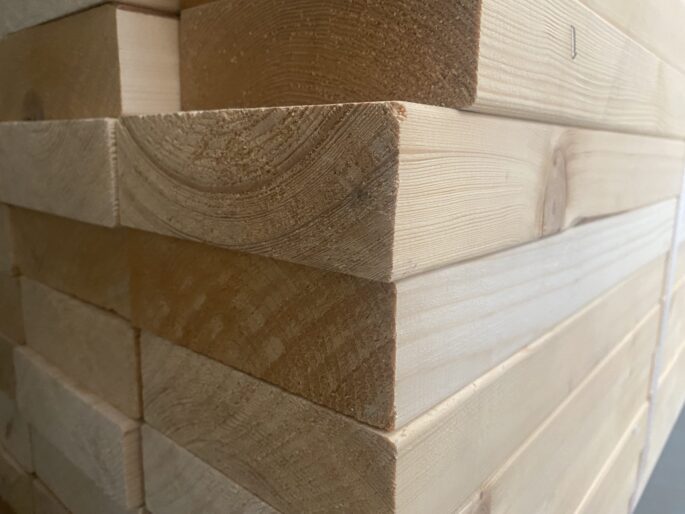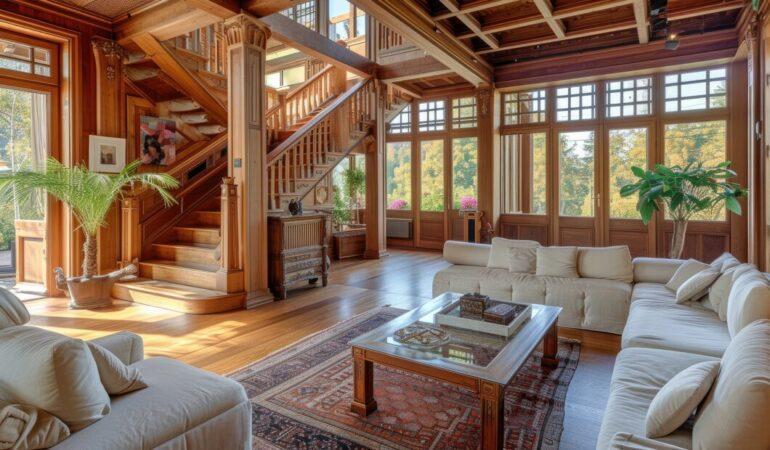- Your cart is empty
- Continue Shopping
How Timber Frame Homes Can Be More Energy Efficient
Timber frame construction has been gaining popularity in recent years thanks to its numerous environmental benefits and energy efficiency. Homeowners are increasingly turning to this sustainable construction method to save money on energy bills while reducing their environmental footprint.
In this article, we’ll explore how timber frame homes can be extremely energy efficient and why they are a wise choice for the future of housing.
Understanding Energy Efficiency in Construction
Timber framing uses wood, which is a renewable resource. Unlike concrete or steel, timber has low embodied energy, due to which, it requires less energy to produce and transport. This makes timber frame construction a more environmentally friendly option compared to traditional building materials.


Natural Insulating Properties
One advantage of timber frame homes is their natural insulating properties. Wood is a natural insulator, meaning it helps regulate temperature and reduces energy consumption for heating and cooling.
Timber acts as a thermal mass. It absorbs and stores heat during the day and then releases it at night, resulting in less energy needed for heating in the winter and cooling in the summer.
Additionally, timber frame homes can achieve higher levels of energy efficiency through adequate insulation. By using modern insulation materials and techniques, builders can ensure that timber-framed homes are well-sealed and retain heat effectively, leading to lower energy usage and costs.
Reducing the Need for Air Conditioning
Compared to other construction methods, timber framing requires less air conditioning due to its low thermal mass. This means that a homeowner can enjoy a more comfortable indoor environment with less air conditioning usage, further reducing energy consumption and saving money in the long term.
Low Maintenance and Longevity
Timber frame homes require low maintenance compared to other buildings. With proper care, timber structures can last for generations, providing long-term storage of carbon and contributing to a healthier environment.


Conclusion
In conclusion, timber frame homes have a range of energy efficiency benefits to offer that make them a sustainable choice for the future. By harnessing the natural insulating properties of wood and employing modern construction techniques, homeowners can improve efficiency, reduce energy bills, and contribute to a more sustainable world.
Whether you’re building a new home or renovating an existing one, consider the benefits of timber frame construction for a warm, comfortable, and energy-efficient living space.

